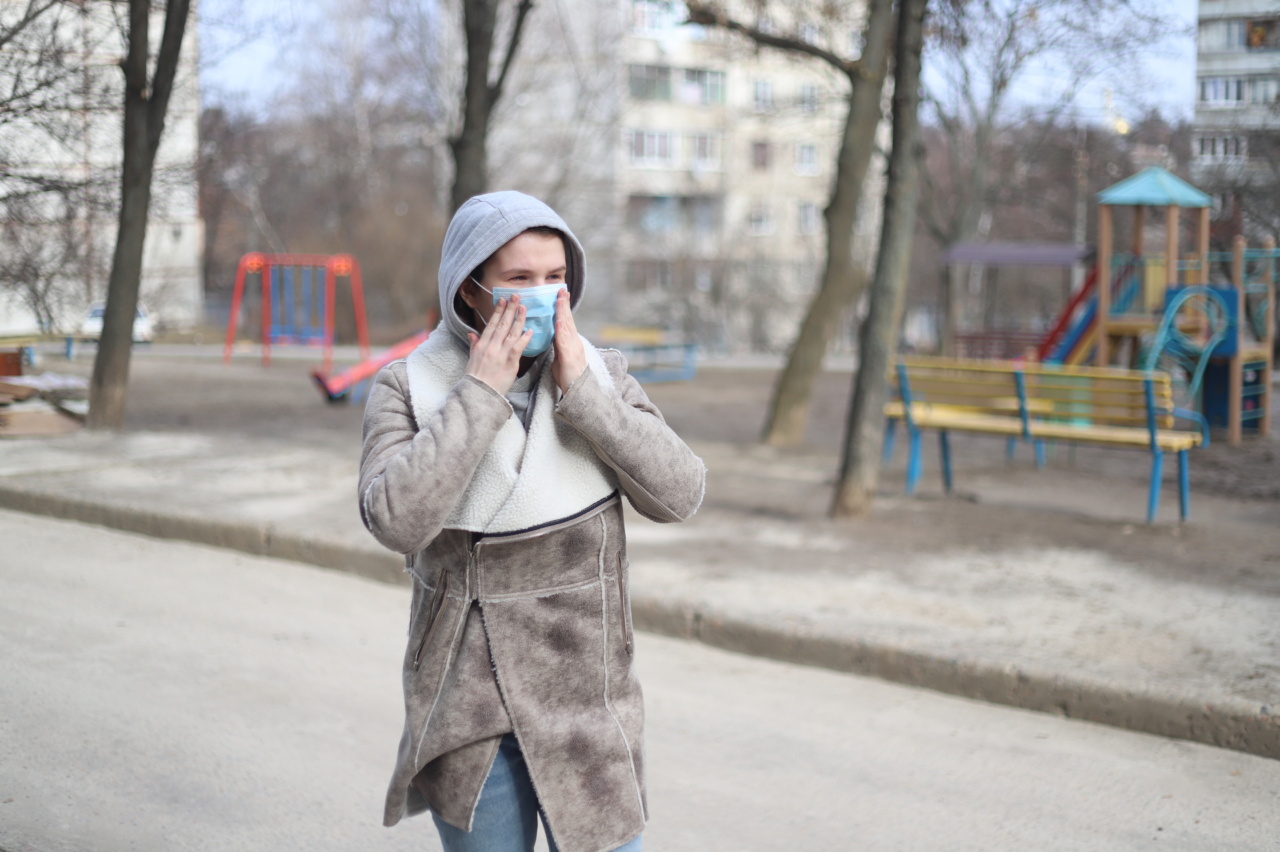Winter season is the time when our immune system is put to the test. The cold weather, dry air, and confined areas make it easier for viruses to spread and infect us.
Not to mention, with respiratory viruses like flu and COVID-19 still circulating, it’s more important than ever to take preventative measures to protect ourselves and others.
Wash Your Hands Thoroughly and Frequently
Washing your hands is the most effective way to prevent the spread of germs. Be sure to wash your hands with soap and warm water for at least 20 seconds. If you’re not near a sink, use hand sanitizer that contains at least 60% alcohol.
You should also avoid touching your face, especially your eyes, nose, and mouth to prevent germs from entering your body.
Cover Your Mouth and Nose
If you’re coughing or sneezing, cover your mouth and nose with a tissue or the inside of your elbow. This helps prevent the spread of germs by catching droplets that can carry viruses.
Discard used tissues immediately and wash your hands afterward to avoid transferring germs to other surfaces and people.
Avoid Close Contact with Sick People
Try to avoid close contact with people who are sick, especially during the winter months when viruses are more prevalent. If you’re sick, stay home and avoid contact with others to avoid the spread of germs.
If you have to go out, wear a mask to prevent others from getting sick.
Clean and Disinfect Frequently Touched Surfaces
Frequently touched surfaces like doorknobs, light switches, and countertops can harbor germs and viruses. Clean and disinfect these surfaces regularly using an EPA-approved disinfectant.
Be sure to follow the instructions on the label, and wear gloves if necessary.
Stay Hydrated and Eat Nutritious Foods
Drinking plenty of water and eating a balanced diet can help support your immune system. Avoid excessive alcohol and sugary foods, as they can weaken your immune system and make you more susceptible to illness.
Focus on eating foods that are high in nutrients like vitamin C, D, and E, and zinc to keep your immune system strong.
Get Enough Sleep and Stay Active
Getting enough sleep and staying active can help lower your stress levels and boost your immune system. Aim for at least 7-8 hours of sleep each night and try to exercise for at least 30 minutes a day.
Regular exercise can help improve your immune system, while lack of sleep can weaken it.
Wear Warm Clothes
The winter months can be cold, especially in certain regions. Wearing warm clothes, such as a hat, gloves, and a scarf, can help protect you from the cold and prevent illnesses like hypothermia.
Dress in layers to keep warm and remove any layers if you feel overheated.
Avoid Sharing Personal Items
Avoid sharing personal items like cups, utensils, and towels with others to prevent the spread of germs. If you must share, be sure to clean and disinfect them before and after use.
You should also avoid touching other people’s personal items, like their phone or laptop, as they may be contaminated with germs.
Stay Informed and Get Vaccinated
Stay informed about the latest news regarding viruses, especially during the winter months when they are more prevalent.
Get vaccinated against the flu and COVID-19 when the vaccine is available, and be sure to follow any guidelines or recommendations from public health officials.
Conclusion
Preventing viruses during the winter months requires a combination of good hygiene practices, healthy habits, and staying informed about the latest news and recommendations.
By following these tips, you can lower your risk of getting sick and protect yourself, your family, and your community.































